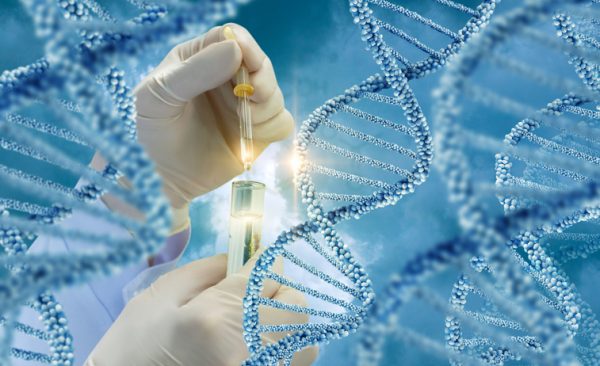
A gene therapy approved for treating spinal muscular atrophy in infants has also shown improved efficacy in older children.
Basel, Switzerland-based drugmaker Novartis said Saturday that interim data from a Phase I/II study of Zolgensma (onasemnogene abeparvovec-xioi) showed an increase by several points on a scale used to evaluate motor function in children aged 2 to less than 5 with untreated SMA Type 2 when administered into an area of the spine. Patients achieved a median increase of 5.9 points from baseline on the Hammersmith functional motor scale-expanded, or HFMSE, compared with a median increase of 4.2 points when data were presented in May at the American Academy of Neurology’s annual meeting.
At the time of data cut-off, the company said the study had enrolled 31 patients, who were treated with one of three doses – 60 billion, 12 billion or 24 billion vector copies – while three of the 36 total who were screened for the study were excluded. STRONG has a total recruitment goal of 51 patients.
“Given the natural history of this devastating and rare genetic disease, many children will never stand or walk independently without therapeutic intervention,” said Douglas Sproule, SMA therapeutic head for AveXis, the gene therapy subsidiary that originally developed Zolgensma and that Novartis acquired last year. “Today’s results, although early, are extremely encouraging for families who hope to see their children with SMA Tye 2 experience meaningful improvement in motor function and important milestones, like standing and walking, following a one-time intrathecal administration of AVXS-101.”
The Food and Drug Administration approved Zolgensma in May – whose development name was AVXS-101, as it is referred to in Novartis’ Saturday announcement – for SMA in infants younger than 2. Although the list price of $2.1 million raised eyebrows, third-party watchdogs – notably the Institute for Clinical and Economic Review – saw it as cost-effective, given that the cost of a one-time treatment would be less than the aggregate cost of receiving regular treatments over a lifetime. Biogen markets the drug Spinraza (nusinersen) for SMA in children and adults, though the drug is administered multiple times a year and carries a list price of $750,000 for the first year and $375,000 in subsequent years.
The gene therapy was the subject of a scandal that erupted in August when the FDA revealed that certain preclinical data from a disused assay had been manipulated, and that Novartis had been aware of the issue two months before Zolgensma’s approval, but did not inform the agency until a month after approval. The issue predated Novartis’ acquisition of the company and did not affect the FDA’s approval or its assessment of the therapy’s efficacy or safety. Two weeks ago, the company fingered two former AveXis executives who have since been terminated, brothers Brian and Allan Kaspar, as being responsible, though the former has denied wrongdoing through his attorney.
Photo: Natali_Mis, Getty Images















